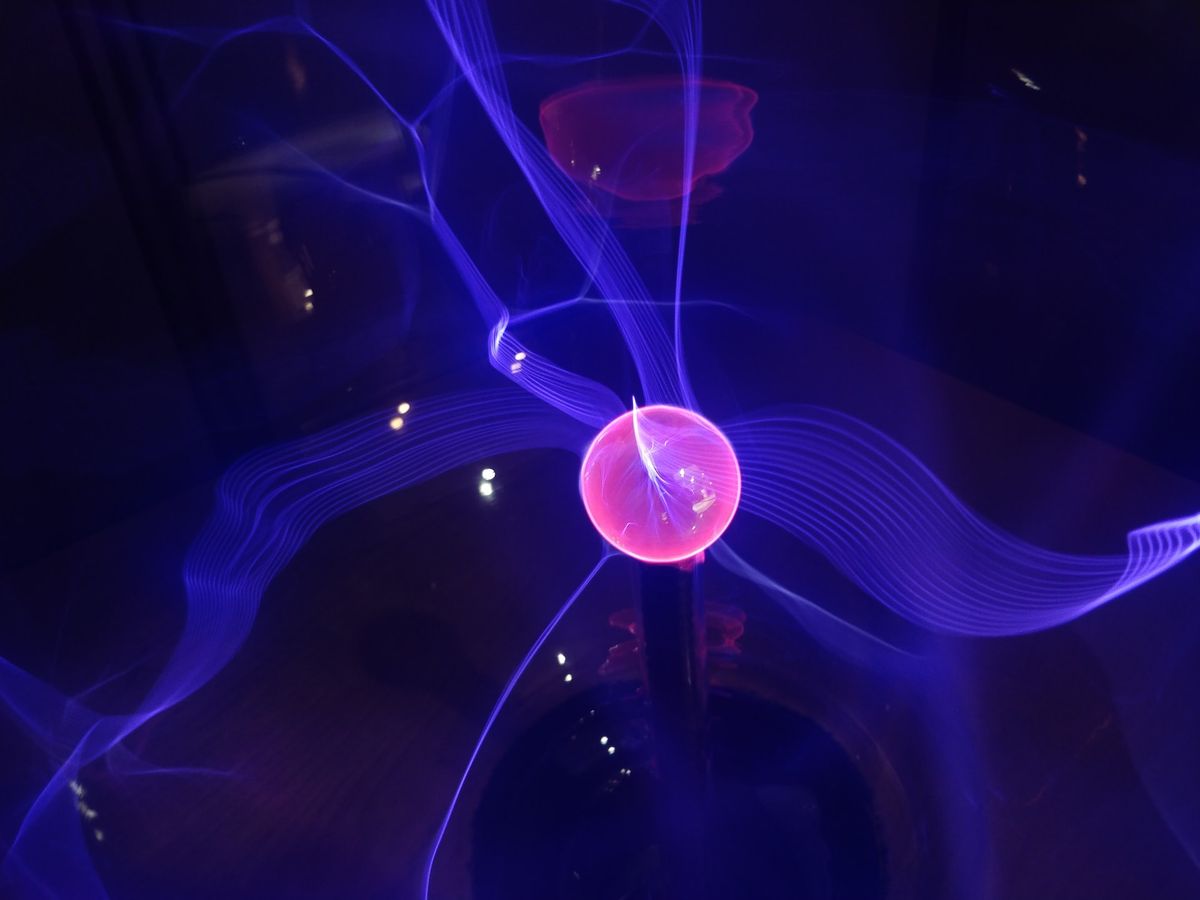The potential of quantum computers for improving chess engines

Quantum computers have the potential to significantly improve the performance of chess engines. Quantum computers use the principles of quantum mechanics to perform calculations, which allows them to process information in ways that are not possible with classical computers.
One of the key advantages of quantum computers is their ability to perform parallel computations. In a classical computer, each calculation is performed sequentially, which can limit the speed at which the computer can solve complex problems. In a quantum computer, however, many calculations can be performed simultaneously, which can significantly increase the speed at which the computer can solve problems.
In the case of chess engines, this increased parallelism can allow quantum computers to evaluate many more positions on the chess board in the same amount of time as a classical computer. This could allow quantum computers to find better moves, and to make more accurate predictions about the outcome of a game.
Another advantage of quantum computers is their ability to perform calculations using superpositions and entanglement. In a classical computer, each bit of information can only be in one of two states (0 or 1). In a quantum computer, however, a qubit (the quantum equivalent of a bit) can be in multiple states simultaneously. This allows quantum computers to perform calculations on all possible inputs at the same time, which can significantly reduce the amount of time needed to find the solution to a problem.
In the case of chess engines, this ability to perform calculations using superpositions and entanglement could allow quantum computers to search for the best moves on the chess board more efficiently. This could allow quantum computers to find better moves, and to make more accurate predictions about the outcome of a game.
Overall, the development of quantum computers has the potential to bring significant improvements in the performance of chess engines. Quantum computers could allow chess engines to evaluate more positions on the chess board in the same amount of time, and to find better moves more quickly. This could lead to significant advances in the field of chess engine technology, and could ultimately result in stronger, more powerful chess engines.
